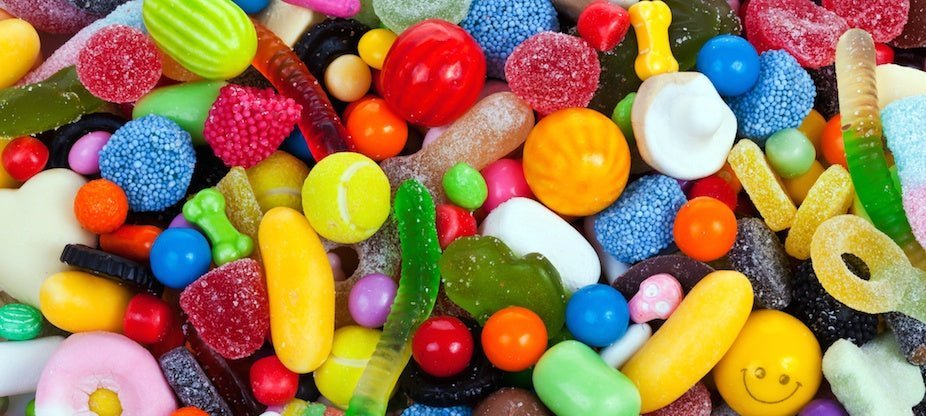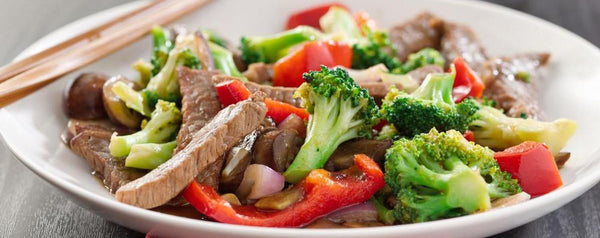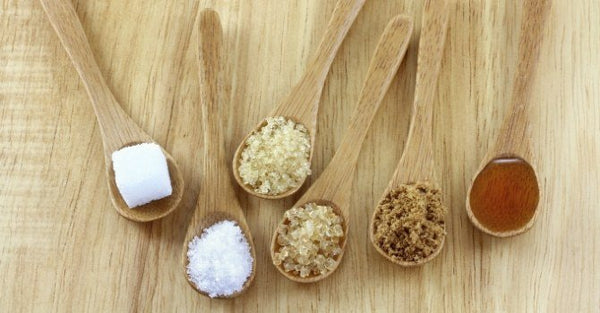
5 Simple swaps to break your sugar addiction
Sugar – the buzzword of the year and present in a high number of everyday shop bought foods that we consume. Whether it’s disguised in your claimed ‘natural’ Greek yoghurt or in your herbs and spice mix, it’s hard to escape it but what we’ve all learnt, is that we should probably be consuming less of it. The added sugar in foods never ceases to amaze me and it’s no wonder so many of us have a sweet tooth or a full on sugar addiction.
When you consume sugar, there are a number of things that happen to your body. When you have that first bite, your brain goes into frenzy and naturally you want to eat more of it. It’ll give you a high and your body will crave more, tempting you to delve back into the chocolate bag. Whoever said you can open a bag of chocolate and just have one was certainly from a different planet!
Your blood sugar has then been spiked so your body starts producing insulin. Insulin plays the part of trying to absorb the excess glucose in the blood and stabilizing sugar levels. Once the insulin has completed this job, your blood sugar levels will drop and you may also experience a low at this point.
If its sugar you feel like your bodies craving and want to stop those sugar highs and lows, here are 5 simple swaps to help break your sugar addiction and reduce your sugar intake.


